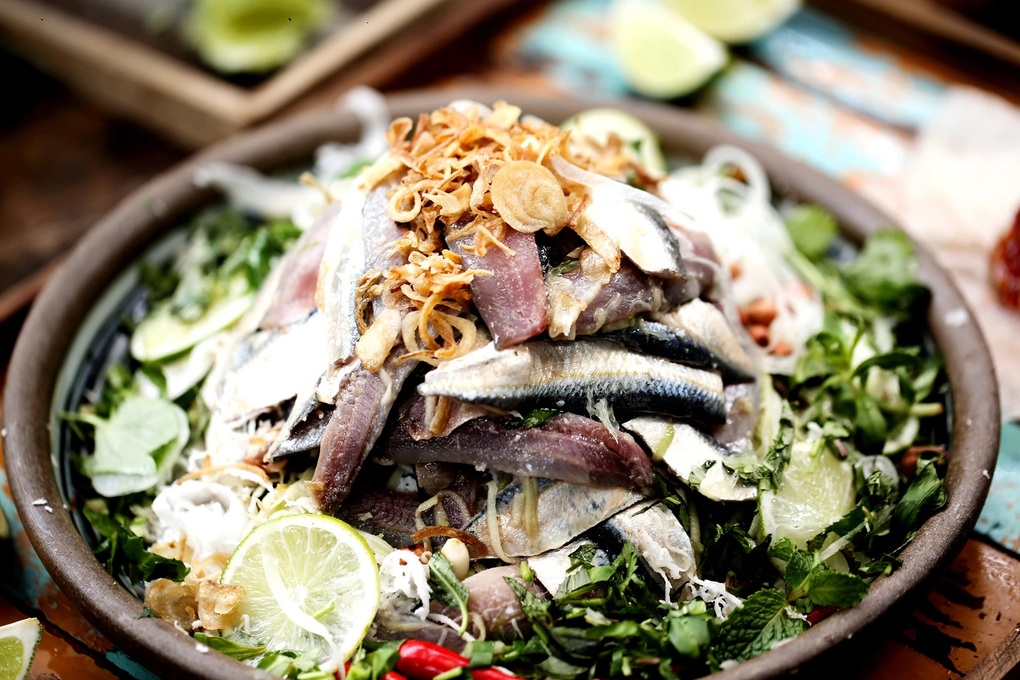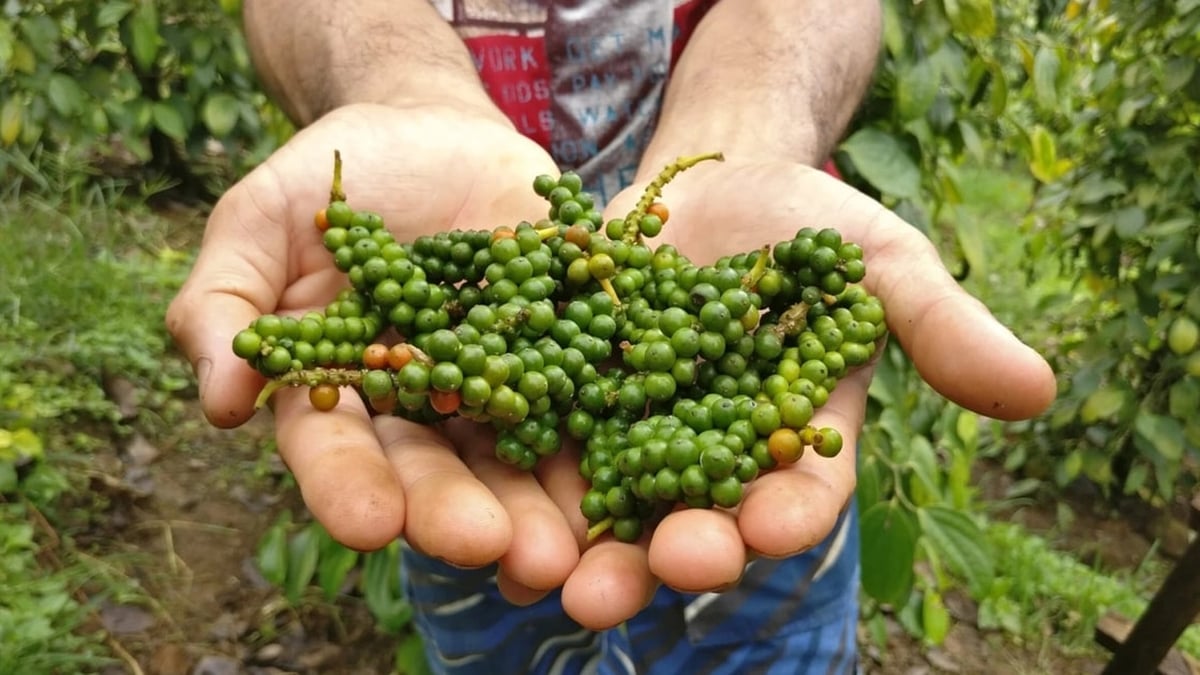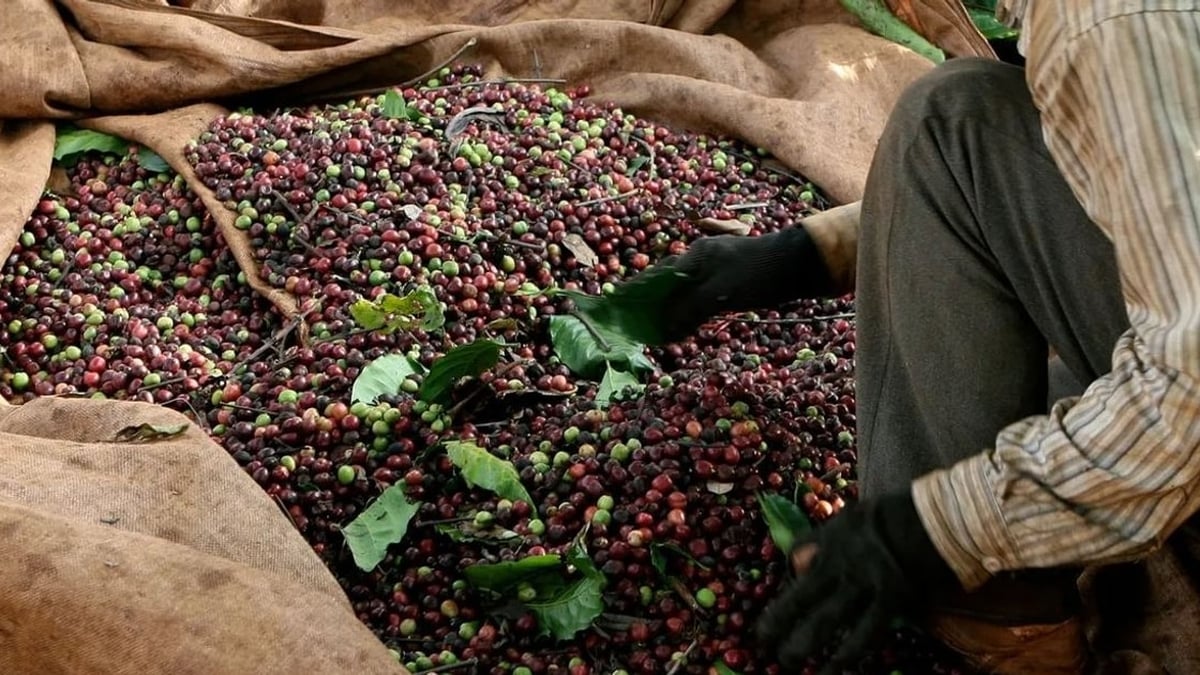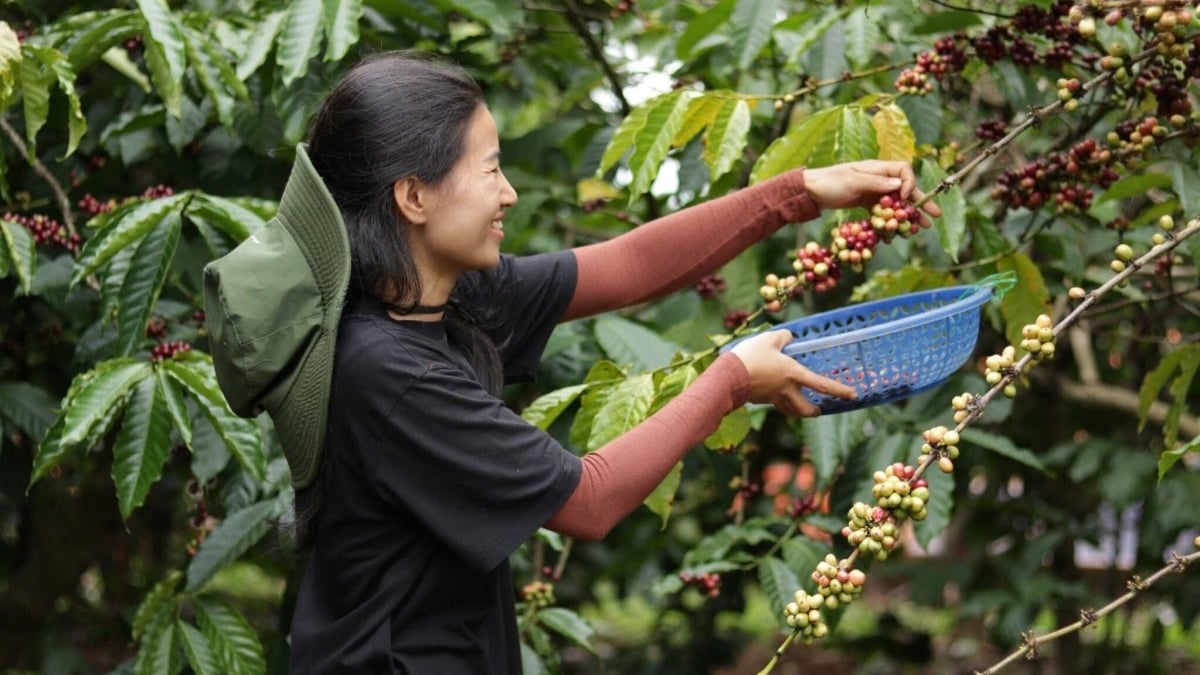According to studies by the World Health Organization (WHO) and the US Centers for Disease Control and Prevention (CDC), Vietnam is among the countries with a fairly high rate of foodborne worm infection.
Most cases are related to the habit of eating raw fish, raw meat, animal organs or not paying attention to food safety and hygiene. Many cases of brain flukes, small liver flukes, and lung flukes recorded at major hospitals in the country all originated from undercooked "specialty" dishes.
Statistics from the Central Institute of Malaria, Parasitology and Entomology show that there are currently about 33 million Vietnamese people at risk of parasitic worm infection. The infection rate ranges from 20-50%, depending on the geographical area, in which the Central and Central Highlands provinces are the places with the highest infection rates.
Meanwhile, many surveys in the Southern region also show a worrying situation. About 8.7% of children are infected with hookworms, while nearly a quarter of children (24.4%) have antibodies to Toxocara - a roundworm transmitted from cats and dogs to humans.

Parasites removed from the body of a patient in Hoa Binh (Photo: CDC Hoa Binh ).
Foods that pose a risk of parasites
According to BSCKI Nguyen Tran Nhu Thuy, University of Medicine and Pharmacy Hospital, Ho Chi Minh City - Branch 3, in recent years, the consumption of dishes made from raw meat, animal organs or undercooked food has become increasingly popular.
However, eating raw or undercooked food is not a safe eating trend. On the contrary, this habit also has many potential health risks that young people often ignore.
Dr. Thuy warns that some foods pose a high risk of being infected with worms and parasites. Animal liver and bile can contain liver flukes, while the small intestine and stomach of animals such as intestines and offal are home to many types of worms. Blood pudding and raw blood are easily contaminated with bacteria, viruses and worm eggs.
Raw freshwater fish, such as fish salad or fermented pork roll, carry a high risk of being infected with liver flukes. Raw pork and beef are likely to contain tapeworm larvae. In addition, raw or undercooked crabs and shrimp, such as shrimp salad or crab paste, can also cause lung fluke infection.
Some dangerous worms are easily transmitted through raw or undercooked food, causing confusing symptoms.
Pork tapeworm (Taenia solium), commonly found in rare pork, can migrate to the brain, causing cysts and dangerous encephalitis.
Small liver fluke (Clonorchis sinensis), transmitted through raw freshwater fish such as fish salad, can easily lead to hepatitis, cirrhosis or bile duct cancer.
Lung flukes (Paragonimus spp.), found in uncooked crabs and freshwater shrimp, cause prolonged cough and are easily confused with tuberculosis.
Trichinella spiralis, commonly found in wild boar or game, causes myositis, heart and nerve damage.
Finally, beef tapeworm (Taenia saginata), found in raw or undercooked beef, leads to digestive upset and reduced nutrient absorption.

Parasites are very likely to appear in raw, undercooked, uncooked dishes (Illustration: Phuoc Tan).
What to do if you suspect you have eaten food contaminated with parasites?
According to Dr. Huong, eating organs, raw meat or undercooked food, especially animal products, can lead to infection with dangerous worms and parasites.
Initial symptoms may include nausea, vomiting, abdominal pain, diarrhea, mild or high fever (if heavily infected), itching, hives, rash due to immune response, fatigue, and prolonged loss of appetite.
In severe cases, worms can cause intestinal obstruction. In particular, some types of worms such as pork tapeworm (Taenia solium) if they invade the brain can cause encephalitis, epilepsy, and even be life-threatening.
When discovering or suspecting eating food contaminated with tapeworms, Dr. Huong recommends that people stay calm and closely monitor their body's symptoms for 24-72 hours.
People also need to go to a medical facility to have their stool and blood tested for parasites and get the appropriate medication prescribed by a doctor.
People should never use drugs without clearly identifying the parasite because each type of worm requires a different treatment regimen. Using drugs without a prescription can cause complications or be ineffective.
In addition, to prevent foodborne illnesses, including the risk of parasitic infections, people need to follow the following 5 principles of WHO.
Maintain good hygiene: Wash your hands frequently with soap, especially before preparing food and after using the toilet. Keep your kitchen, cooking utensils and food clean to prevent bacteria from growing.
Separate raw and cooked foods: Use separate cutting boards, knives and containers for raw foods (such as meat and fish) and cooked foods to avoid cross-contamination of microorganisms from raw foods to cooked foods.
Cook food thoroughly: Only eat food that is fully cooked. This helps kill bacteria and parasites that may remain in food, especially raw meat and vegetables.
Keep food at safe temperatures: Do not leave cooked food at room temperature for too long. Keep food refrigerated or hot if not used immediately to limit bacterial growth.
Use safe ingredients and water: Choose fresh foods with clear origins, and use clean water to wash vegetables or prepare dishes. For raw vegetables, soak them thoroughly in diluted salt water or food disinfectant solution before eating.
Source: https://dantri.com.vn/suc-khoe/nhung-mon-an-quen-thuoc-tren-mam-com-nguoi-viet-la-o-ky-sinh-trung-20250725180947510.htm

































































![[Photo] National Assembly Chairman Tran Thanh Man receives Chairman of Morocco-Vietnam Friendship Association](https://vphoto.vietnam.vn/thumb/402x226/vietnam/resource/IMAGE/2025/7/26/b5fb486562044db9a5e95efb6dc6a263)



































Comment (0)